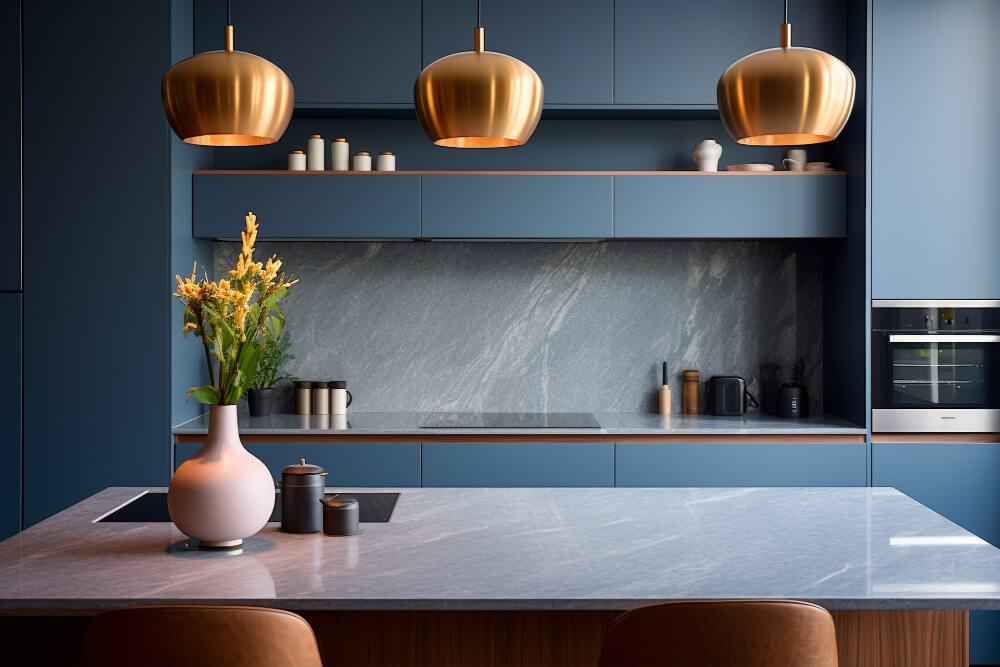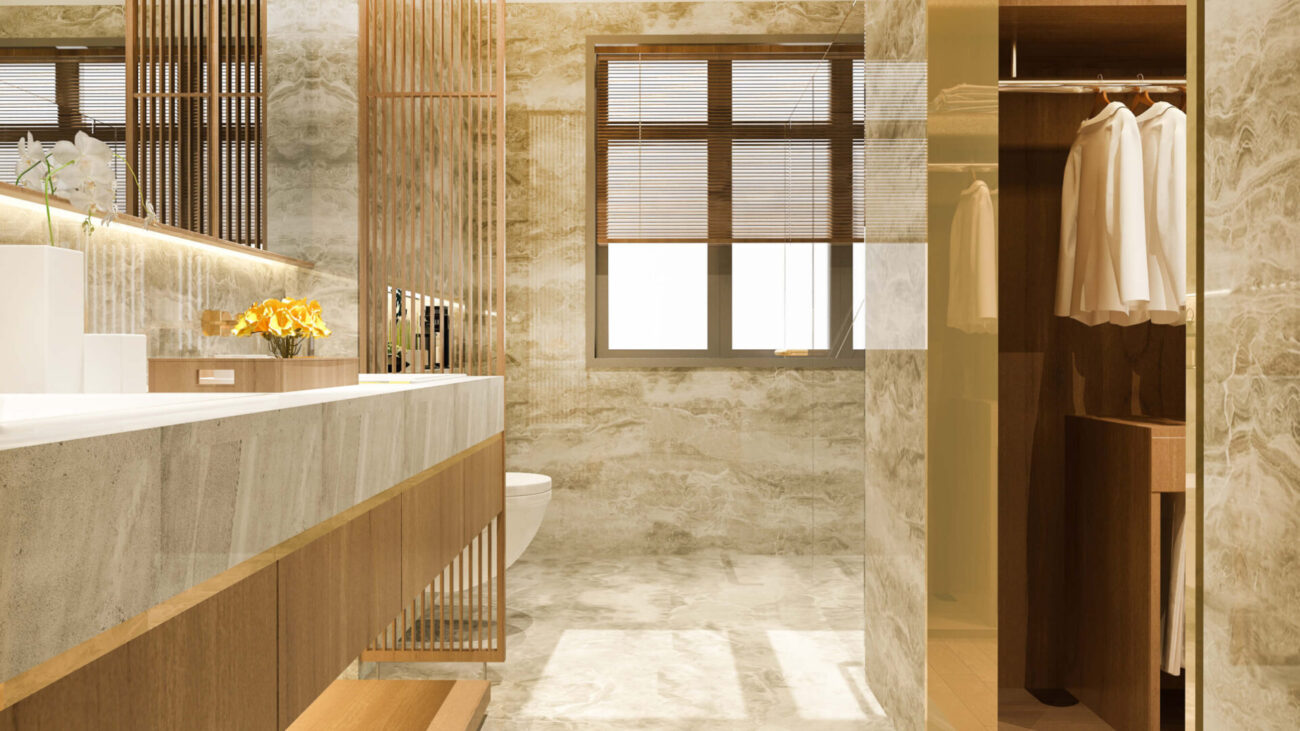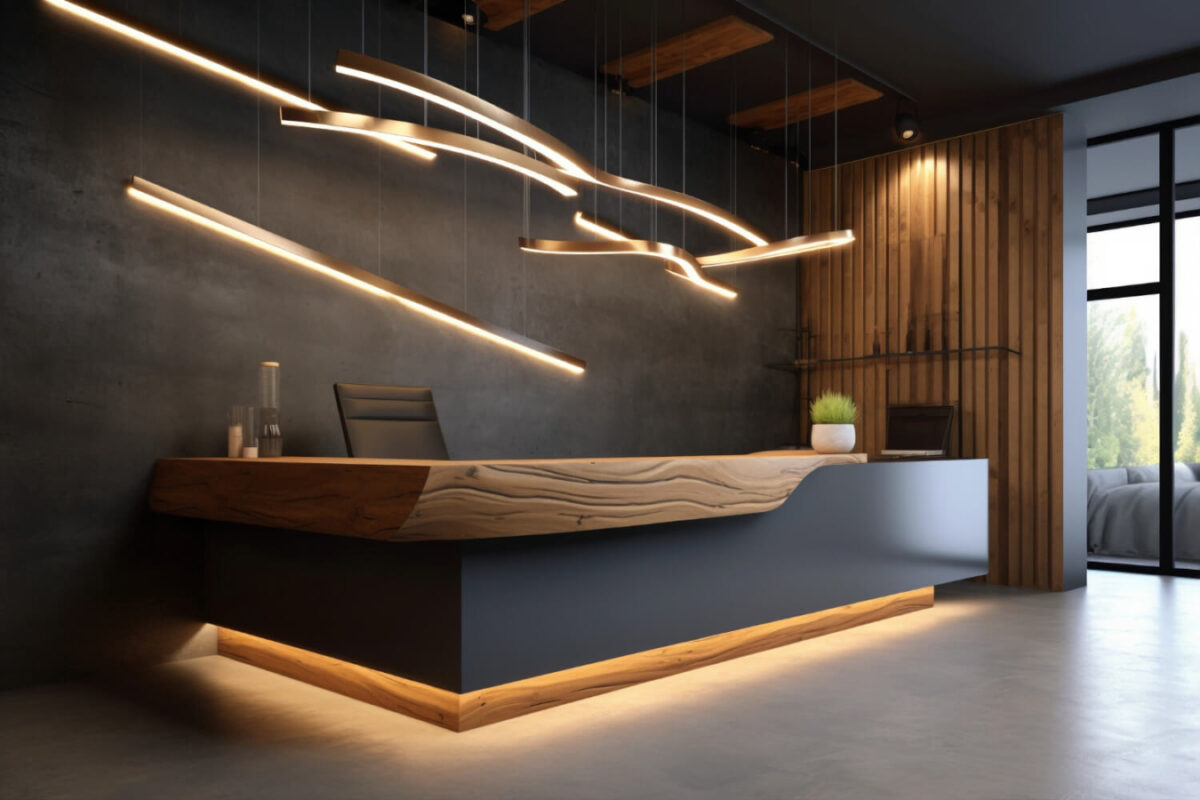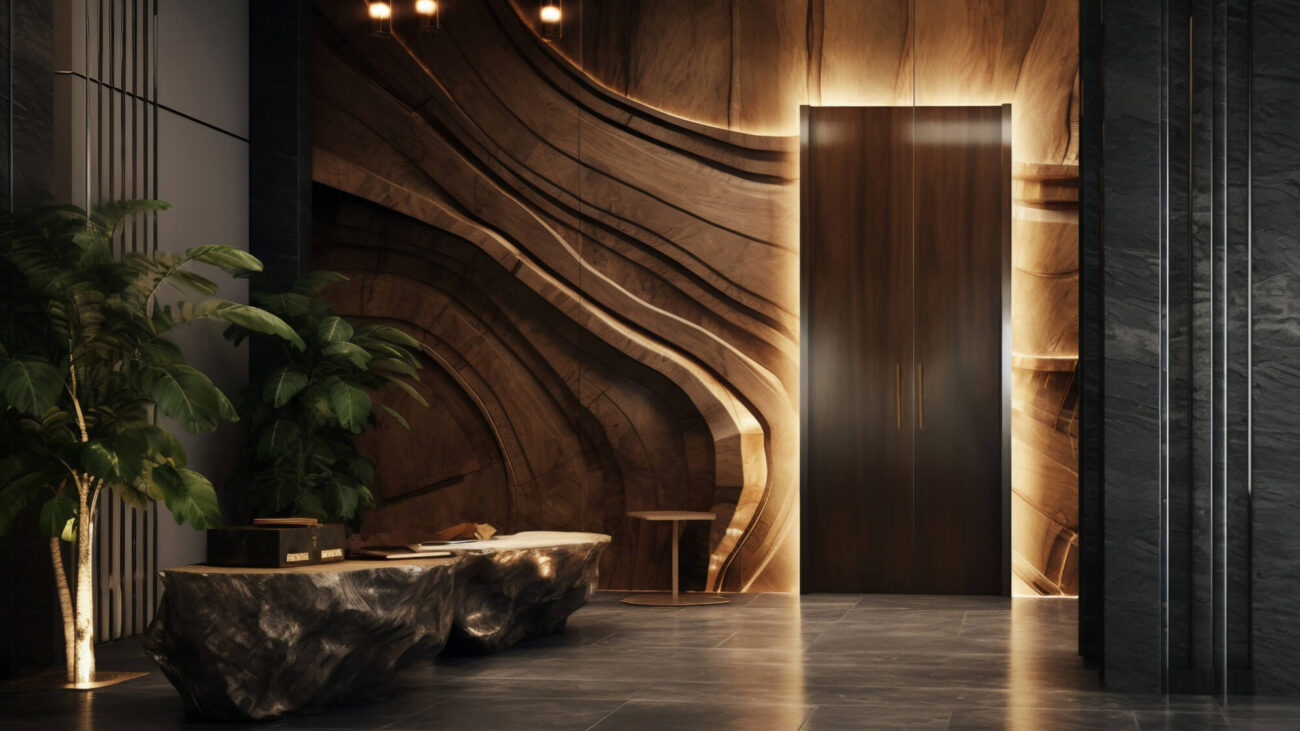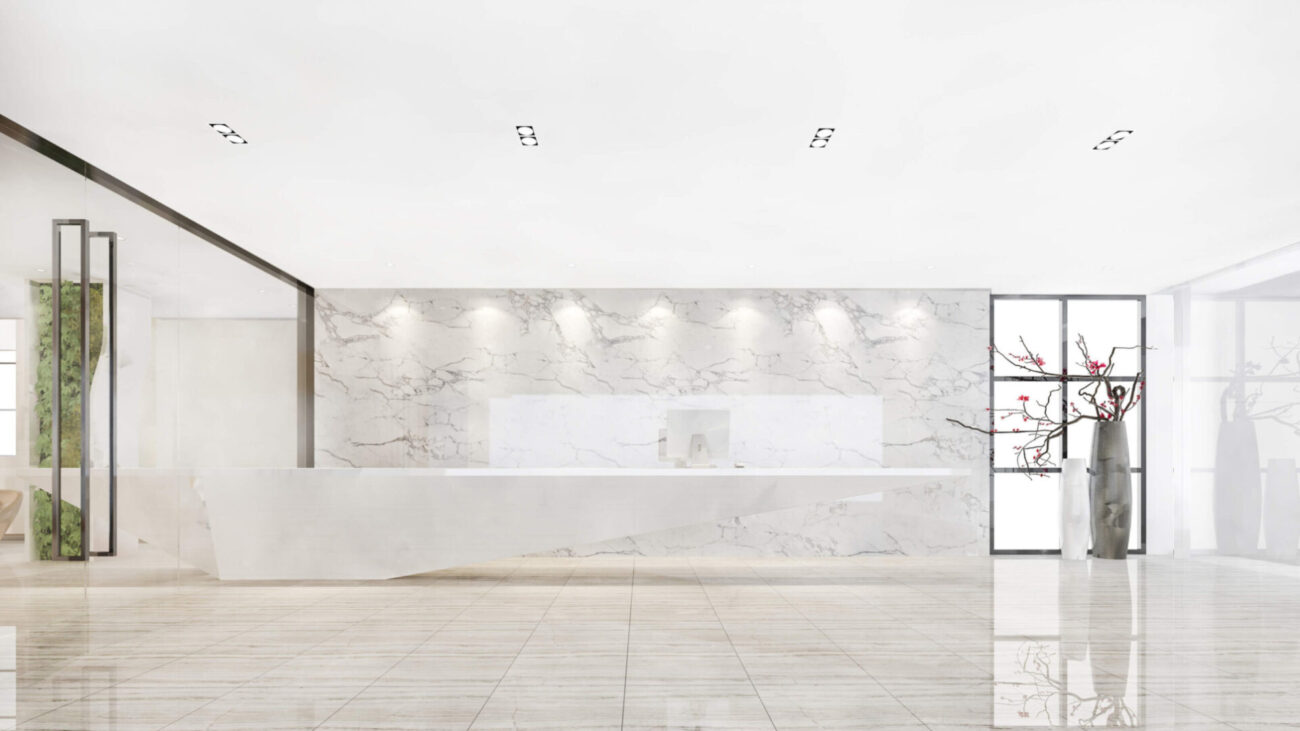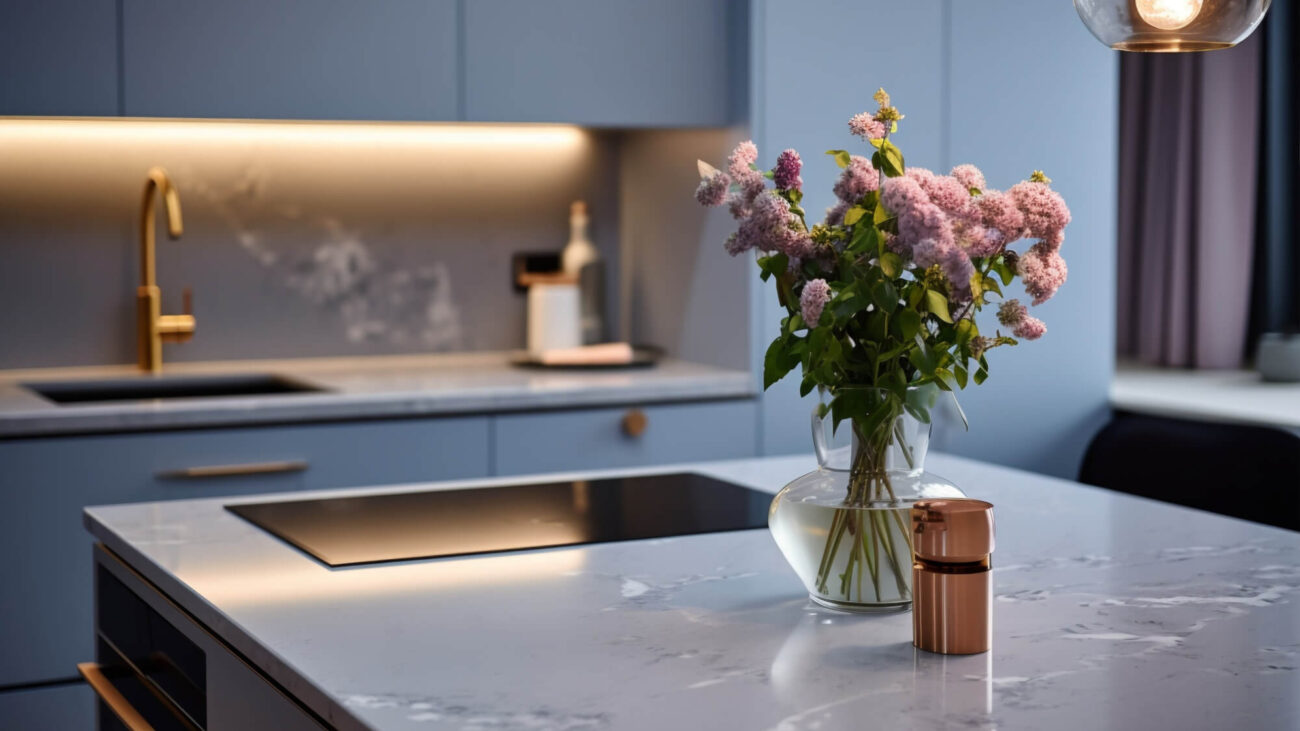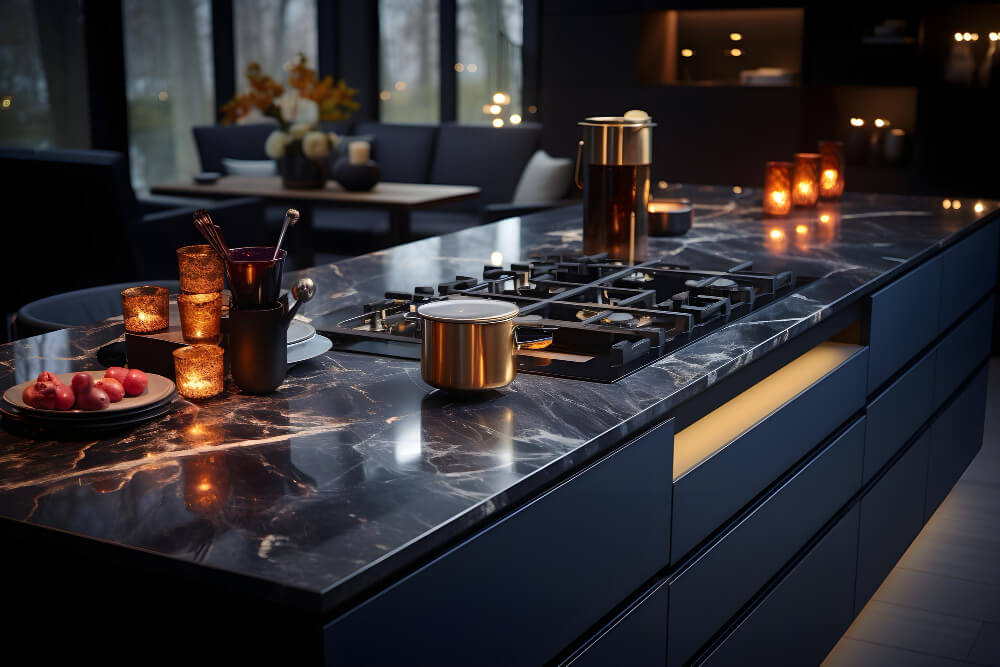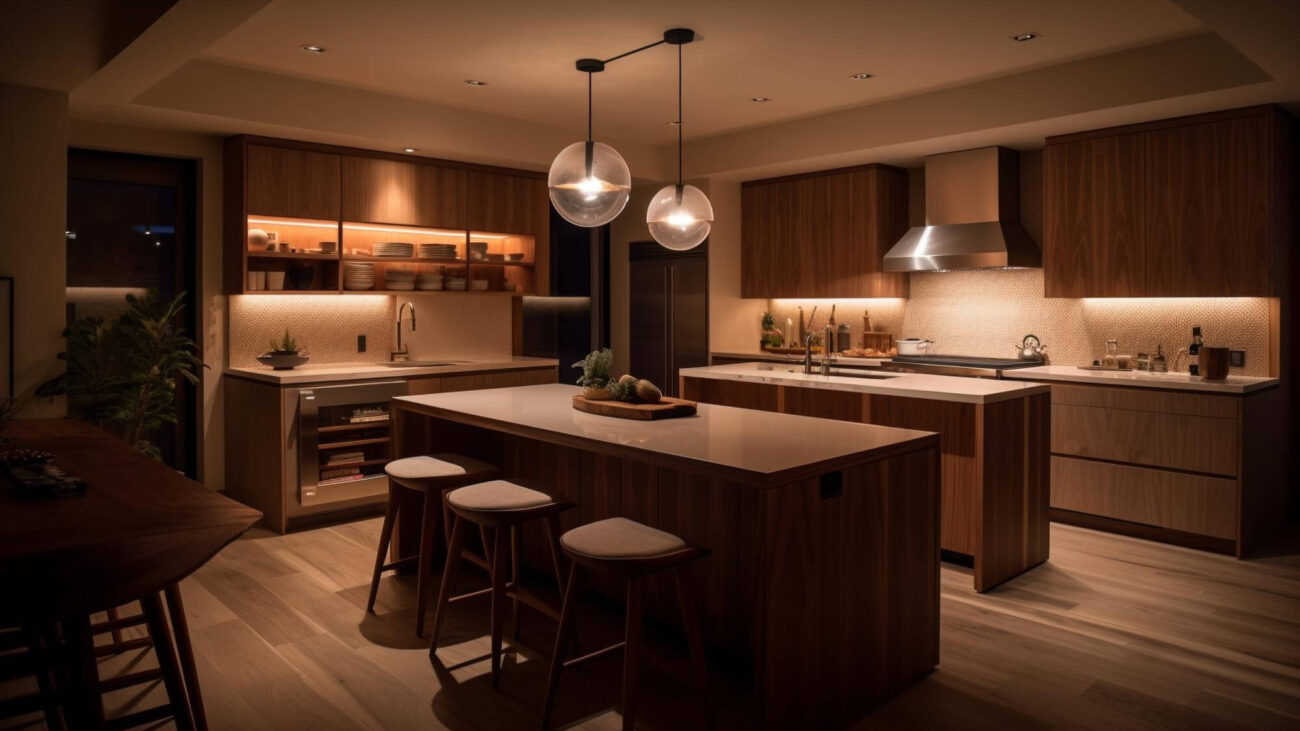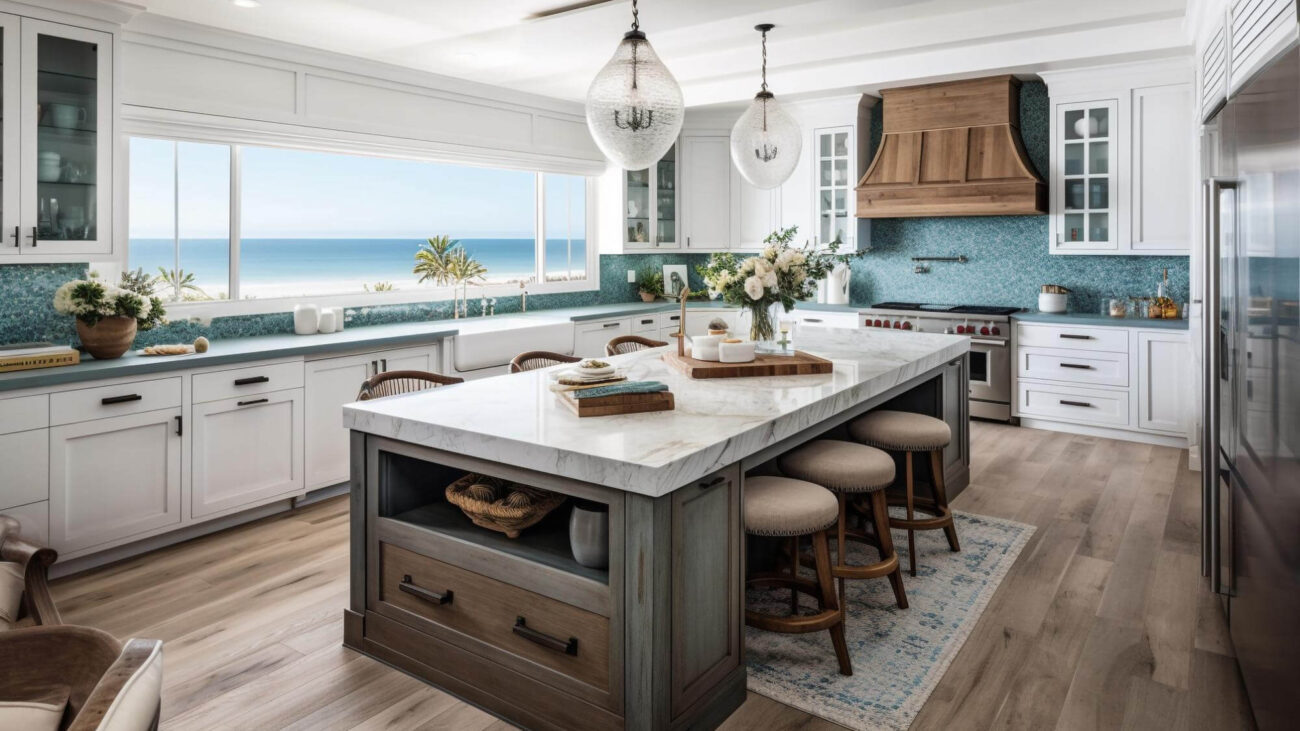Introduction
When it comes to selecting the perfect material for your kitchen or bathroom countertops, you may have encountered the dilemma of choosing between quartz and quartzite. Despite their similar-sounding names, these two materials are distinct in composition, appearance, durability, and maintenance. In this comprehensive guide, we will delve into the world of quartz and quartzite, highlighting their unique characteristics and helping you make an informed decision for your home improvement project.
Understanding Quartz
Quartz: The Engineered Marvel
Quartz countertops have been gaining immense popularity in recent years, and for good reason. Unlike natural stones, quartz is an engineered material composed of 90-95% crushed natural quartz crystals mixed with resins, polymers, and pigments. This combination results in a surface that boasts impressive durability, non-porous properties, and an array of design possibilities.
Composition and Appearance: The Inner Beauty
Quartz countertops come in a wide range of colors and patterns due to the addition of pigments during manufacturing. This versatility allows homeowners to find the perfect quartz slab that complements their interior design. The surface is smooth and glossy, mimicking the appearance of natural stone.
Durability: Built to Last
One of the standout features of quartz is its durability. It is highly resistant to scratches, stains, and heat, making it an excellent choice for high-traffic areas like kitchens. Its non-porous nature also prevents the growth of bacteria, making it a hygienic option for food preparation areas.
Maintenance: Easy Care
Maintaining quartz countertops is a breeze. Simply wipe them down with a damp cloth and mild soap to keep them looking pristine. Unlike natural stones, quartz doesn’t require periodic sealing.
Exploring Quartzite
Quartzite: The Natural Wonder
Quartzite, on the other hand, is a natural stone that originates from sandstone. It undergoes a metamorphic process under immense heat and pressure, transforming into a dense and durable material that’s ideal for various applications.
Composition and Appearance: A Touch of Nature
Quartzite’s allure lies in its natural beauty. Its appearance showcases the elegance of nature with mesmerizing patterns and unique veining. Colors range from soft whites and creams to bold greys and blues, offering a wide array of design options.
Durability: Nature’s Strength
Quartzite is renowned for its exceptional hardness and resistance to wear and tear. It’s harder than granite, making it an excellent choice for both indoor and outdoor use. However, it’s not entirely impervious to scratches and stains, so some care is needed.
Maintenance: Caring for Quartzite
Maintaining quartzite involves periodic sealing to protect its porous surface. While it is relatively low-maintenance compared to other natural stones, this step is essential to preserve its beauty and integrity.
Quartz vs Quartzite: The Key Differences
Now that we’ve explored the individual characteristics of quartz and quartzite, let’s summarize the key differences between these two popular countertop materials.
Composition
- Quartz: Engineered material consisting of crushed quartz crystals, resins, and pigments.
- Quartzite: Natural stone formed from sandstone undergoing metamorphism.
Appearance
- Quartz: Wide range of colors and patterns due to pigments; smooth and glossy finish.
- Quartzite: Natural patterns and veining; unique colors from mineral impurities.
Durability
- Quartz: Highly resistant to scratches, stains, and heat; non-porous.
- Quartzite: Exceptional hardness; resistant to wear, but can scratch and stain.
Maintenance
- Quartz: Easy care; wipe with damp cloth and mild soap; no sealing required.
- Quartzite: Periodic sealing needed to maintain its porous surface.
Making Your Decision
Choosing between quartz and quartzite ultimately comes down to your specific needs and preferences. If you prioritize durability, low maintenance, and a wide array of design options, quartz is an excellent choice. On the other hand, if you crave the natural beauty and uniqueness of a natural stone surface and don’t mind a bit more maintenance, quartzite may be the ideal selection for your project.
Now that we’ve covered the basics, let’s help you make an informed decision:
- Lifestyle
Consider your lifestyle and how you use the space. If you have a busy kitchen with a lot of cooking and potential for spills, quartz’s durability and stain resistance may be ideal.
- Aesthetic Preferences
If you value the natural beauty of stone and unique patterns, quartzite might be the better choice for you.
- Budget
Your budget also plays a significant role. Quartz is generally more budget-friendly, while quartzite is a premium option.
- Maintenance
Think about how much time you’re willing to invest in maintenance. Quartz is lower maintenance, while quartzite requires periodic sealing.
At Factory Direct Granite, we specialize in fabricating countertops. Our Hialeah and Pompano Beach area countertop store carries all things countertops including granite, marble, and quartz of course. Making a decision can be difficult and our designers are here to help you with the right choice for your kitchen remodel or bathroom renovation.
FAQs (Frequently Asked Questions)
- Can I use quartzite for outdoor countertops?
Yes, quartzite’s durability makes it suitable for outdoor applications, including countertops and patio surfaces.
- Is quartz more affordable than quartzite?
Generally, quartz tends to be more budget-friendly compared to quartzite due to its engineered nature.
- Does quartzite require more maintenance than quartz?
Yes, quartzite needs periodic sealing to protect its porous surface, whereas quartz is virtually maintenance-free.
- Can quartz and quartzite be used in bathrooms?
Both materials are suitable for bathroom countertops due to their resistance to moisture and durability.
- Can I place hot pans directly on quartz countertops?
While quartz is heat-resistant to some extent, it’s best to use trivets or hot pads to protect the surface from extreme heat.


